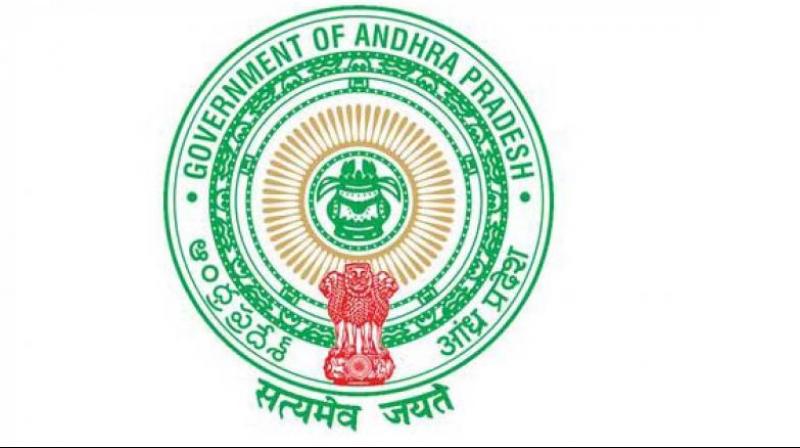AP mulls ‘selective’ approach to traffic violations

Vijayawada: The state government is believed to be contemplating making certain traffic violations compoundable so that the violators can pay compounding fee instead of paying a huge fine in addition to being prosecuted and possibly go to jail.
The Centre has brought in the Motor Vehicles (Amendment) Act, 2019, revising fines multiple-fold for several violations, with the aim of bringing down the number of road accidents.
As per the New Act, fines have been revised upwards drastically.
As the penalty amount has been revised from a minimum of `100 to `500 for a general violation and from `2,000 to `20,000 for overloading of vehicles; also the new provision fining their parents /guardians /owners to tune of `25,000 and three years imprisonment for allowing juveniles to ride or drive vehicles, the state government is making arrangements to issue a Government Order making as many as 22 sections from Section 177 to Section 199 of MV Act, 2019, to be subject to imposing compoundable violation.
Sources say that the state government is considering allowing law enforcing agencies to make traffic violations compoundable and issue a challan so that the violators can pay the fine amount that will go directly into the state treasury.
Senior officials from all stakeholder departments are working out details on what kind of violations should be made compoundable so that violators can be let off, after collecting minimum compounding fee instead of subjecting them to pay a huge fine and face the court of law and perhaps undergo imprisonment.
Modalities on the nature of violation mentioned from Sections 177 to 199 of MV Act, 2019 and also the quantum of amount to be imposed as compounding fee are being worked out so that they can be incorporated in the GO. Once the GO is released, the violators of vehicular traffic norms will have to pay a compounding fee for the violations specified in it.
However, certain violations are not compoundable like riding or driving vehicles after consuming alcohol. Though the previous Act specified a fine of `2,000, the amended Act revised it to a whopping `10,000 to serve as a deterrent to offenders.
On the other hand, the Centre has also constituted an expert committee to come up with recommendations on the nature of punishment and quantum of fine for several violations specified in the MV Act, 2019 as it wants to tone them down to avoid more burden upon the commuters. Once the committee submits its recommendations, the Centre may issue necessary orders to implement them.
AP transport joint commissioner S. Prasada Rao said, “The state government is going to issue an order specifying some sections in the MV Act, 2019 to make them subject to imposition of compounding fee so that there may not be an increased fine and jail term for the violators. Once the GO is issued, we will start implementing the MV Act, 2019 and the GO. However, at present, we are providing awareness and counselling on road safety norms to the commuters.

